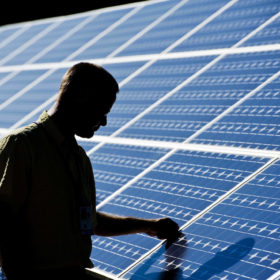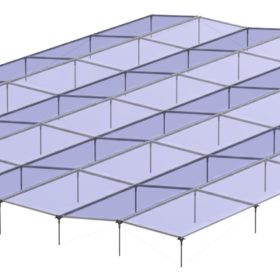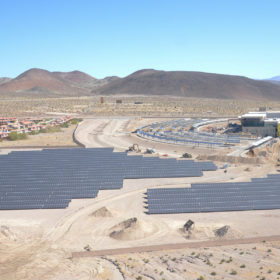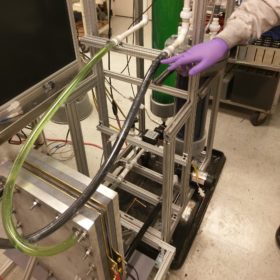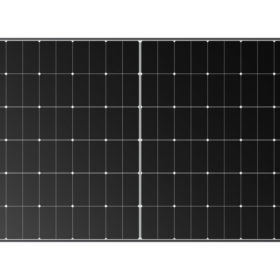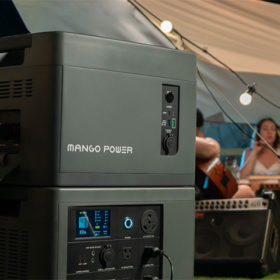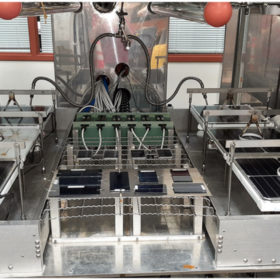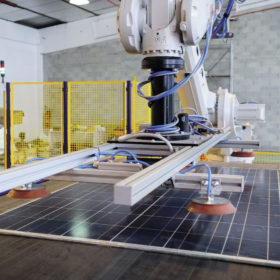Most new solar panels retain 80% production after 30 years
A five-year Sandia Labs study on solar module degradation shows that 13 out of 23 tested module types have effective lifetimes exceeding 30 years.
GameChange Solar launches mounting system for east-west oriented solar parks
GameChange Solar designed its new fixed-tilt racking system to maximize module density, with a ground coverage ratio of up to 98%. The systems costs $0.039/W in the United States and $0.029/W in other markets, for a typical 105 mph wind load.
IBC solar modules may drive TOPCon out of market by 2028, says tech expert
Radovan Kopecek, an expert on interdigitated back-contacted (IBC) tech, says that IBC solar panels could capture more than 50% of the global market by 2030, potentially pushing TOPCon products out of competition. He told pv magazine how this transition might materialize and discussed the tech advancements that could make it possible.
New standardized guidelines for solar O&M
IEA-PVPS has standardized guidelines for O&M programs for large-scale solar plants. It defines O&M performance indicators and standard O&M operator services, as well as tools to analyze PV plant performance and safety.
Uninterrupted PV generation without storage
An Israeli scientist has proposed a way to achieve uninterrupted PV power on the moon without using energy storage. The proposal involves the installation of PV panels around a 360-degree latitudinal ring close to one of the moon’s poles. There would be no inter-array shading, and static vertical PV arrays and arrays mounted on single-axis vertical trackers could be viable mounting structures.
Novel redox flow battery paves way for low-cost storage
US researchers have facilitated the decoupling of power from energy design by incorporating a conducting carbon slurry in the negative electrolyte of an all-iron flow battery. In a new study, they describe the design considerations for slurry iron redox flow battery scalability.
Longi launches all new back contact module, promising 22.8% efficiency
Longi has launched a series of modules featuring an all-new hybrid passivated back contact cell technology, with which it claims a maximum module efficiency of 22.8% in mass production. It will initially offer the modules in 54, 60, 66 and 72 cell formats, targeting rooftop and distributed generation applications.
Mango Power unveils home and portable battery system
US-based Mango Power has developed a 3.5 kWh battery system that can be expanded up to 14 kWh. The product features LFP battery cells from CATL and can be charged through AC wall outlets, with solar panels, or via electric-vehicle chargers.
Putting bifacial modules to the test
US scientists recently put different bifacial solar cells and modules through a series of tests at elevated temperature, humidity, voltage and mechanical stress levels. The tests revealed a range of light-induced and potential-induced degradation mechanisms that modules will likely suffer in the field.
Recycling key to solar sustainability
A new study of the environmental impacts of renewable energy finds significant opportunities for solar to reduce its impacts in various categories, including human health, resource depletion, and environmental damage. The study notes in particular that more work is needed to establish a comprehensive reuse and recycling network for end-of-life PV products.
